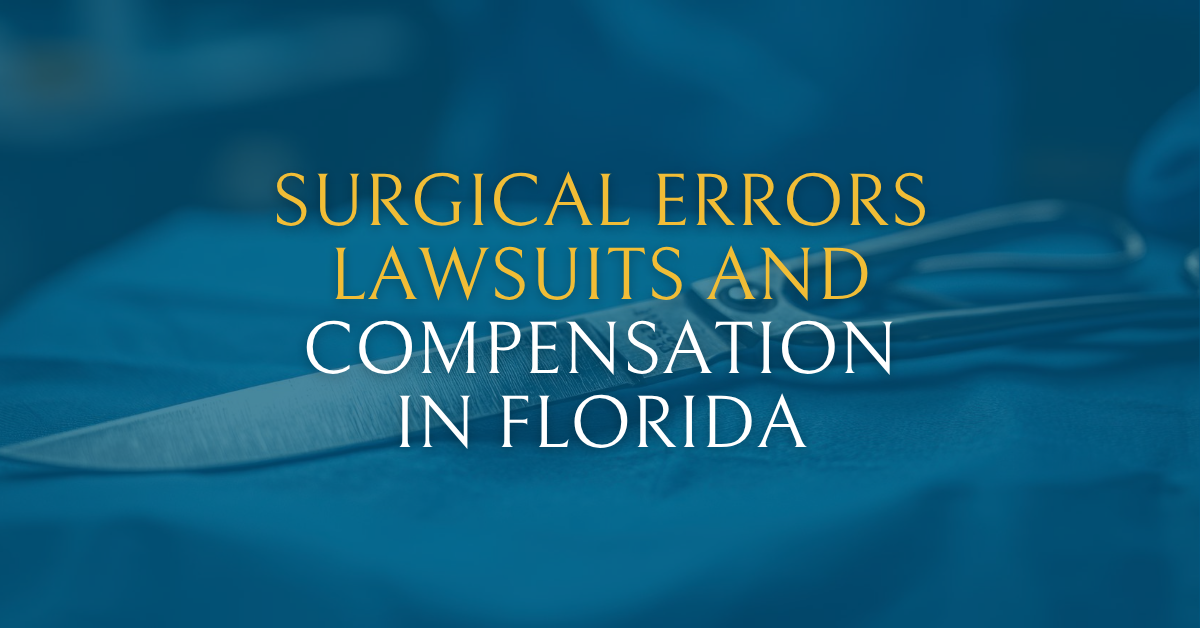Many employers maintain life insurance policies on key employees. In addition to the obvious emotional toll the loss of a team member may have on the employer, a key employee’s sudden and permanent absence can also cause the employer immediate financial hardship. Life insurance on key employees allows the employer to mitigate some of the employer’s financial exposure in the event of such a loss.
Generally, life insurance proceeds are not taxable to a beneficiary, as they are specifically excluded from the definition of gross income in the Internal Revenue Code. There are exceptions to this treatment. One such exception is specifically applicable to employer-owned life insurance policies on key employees. Unless certain notice and consent procedures are followed, proceeds received by an employer-owned policy issued after August 17, 2006 can be taxed to the extent the death benefit exceeds the employer’s payment of premiums (and other required amounts).
Although this exception to the general rule is not new (added with the Pension Protection Act of 2006), many employers may not be aware of these notice and consent requirements and the tax liabilities they trigger. In short, to meet these notice and consent requirements the employee must receive notice that the employer intends to insure the employee’s life and the maximum amount of the policy, the employee must give the employer written consent to being the insured and receive notice that the employer is the beneficiary of such policy in the event of the employee’s death.
In addition to the foregoing, each employer has a procedural requirement to file, with its income tax return, a Form 8925 for each year such a policy arrangement is in place. Any employer who fails to provide such notice requirements will find that a portion of any death benefit received in respect of an employee is includable in the employer’s gross income. Employers owning any key man insurance policies (or similar arrangements) should consider consulting with their tax advisors and should verify that they have met all statutory notice and reporting requirements.








